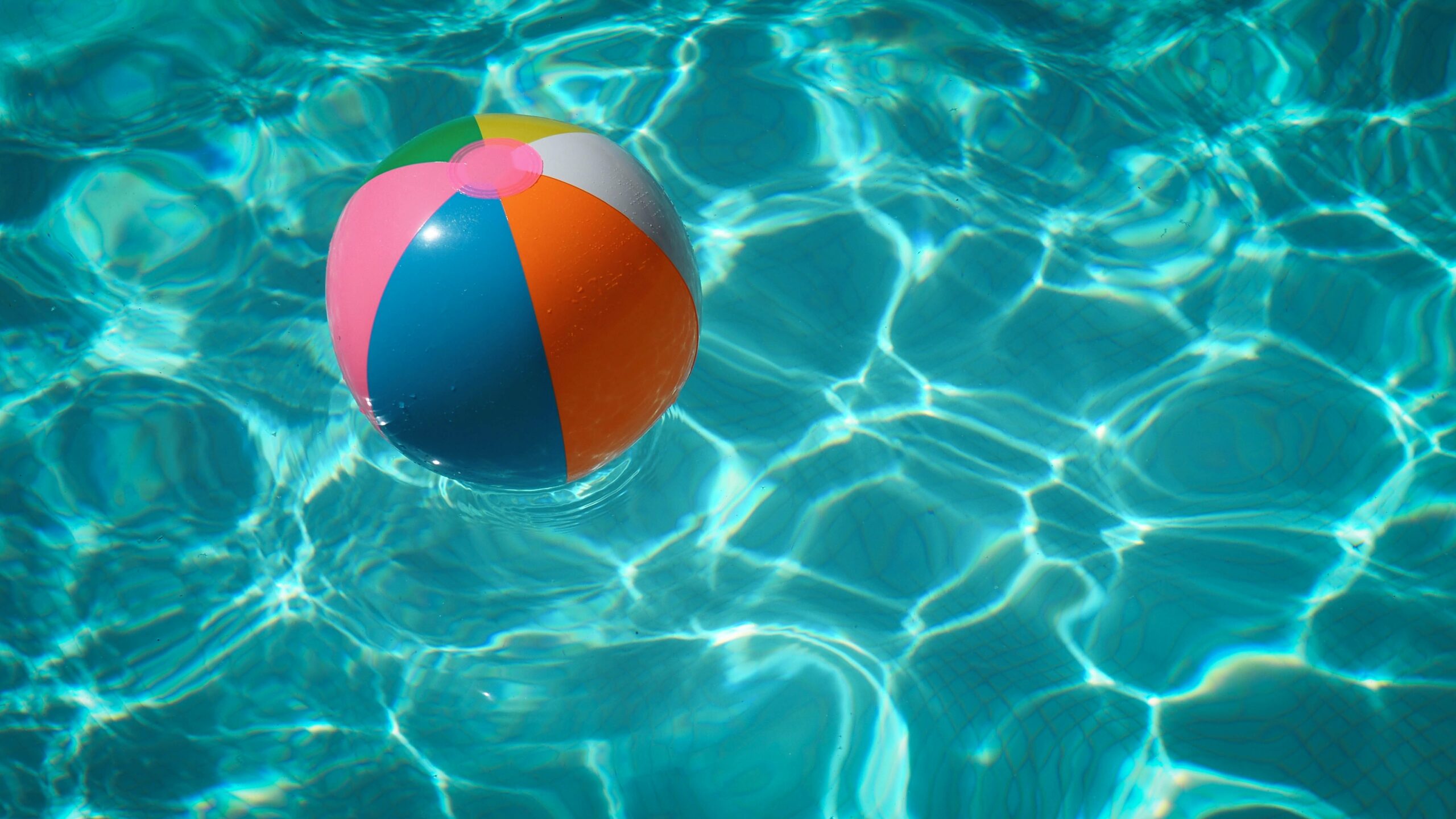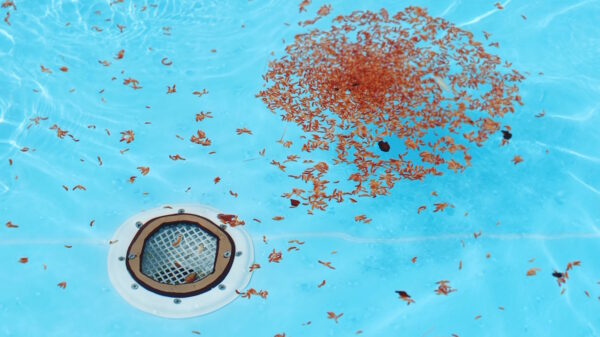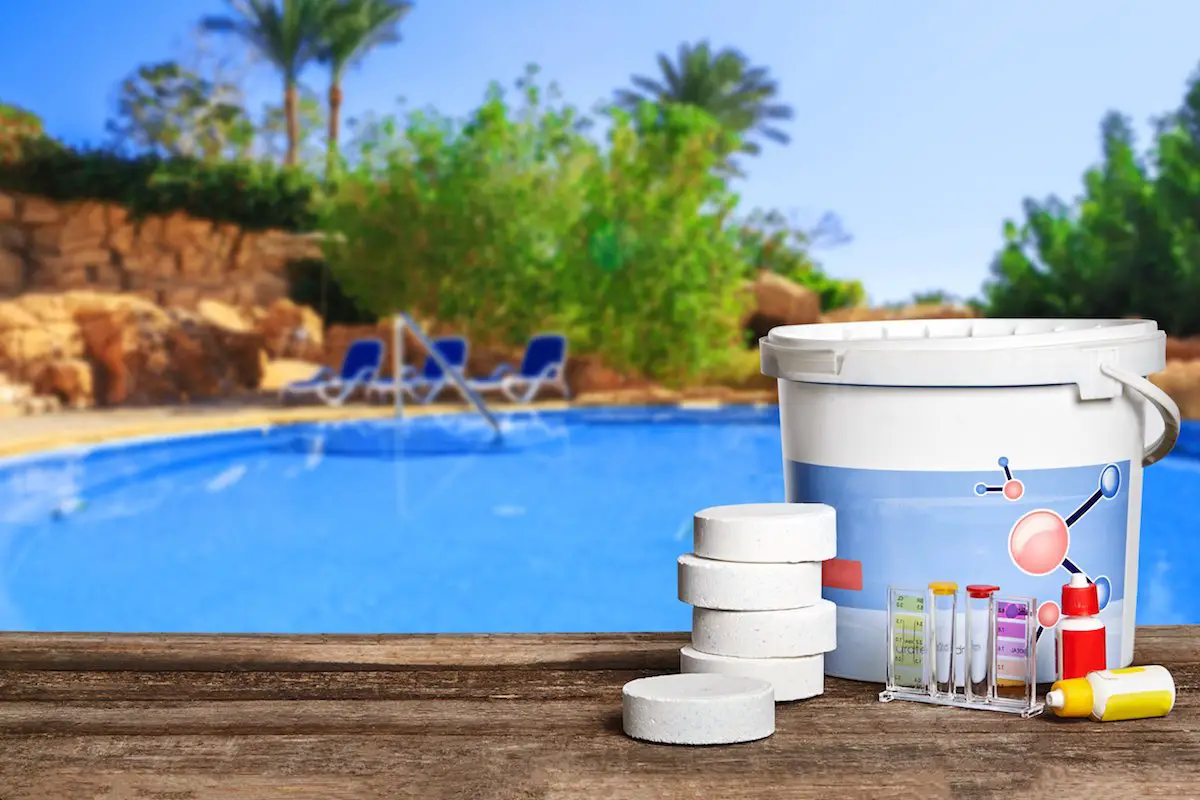Top 6 Surprising Benefits of Swimming
As we come up on the summer season, swimming and pool time are top of mind! With a bunch of warm, sunny weather on the horizon, it’s time to start thinking about your tan and the heat relief in the nice cool water from the pool.
What you may not realize, though, is that swimming provides you with many more benefits than just feeling good and keeping you fit. This article will explore 6 benefits of swimming that you might not know, keep reading to find out more.
I think most of us are aware of the immediate relief we feel when slipping into the pool in the summer, from cooling off to also feeling the release of stress and pressure in our bodies. What many of us don’t realize is that swimming is good for your body and offers several more benefits. It is one of the healthiest sports you can participate in.
Here are 6 benefits of swimming that you might not know:
- Joint Friendly
- Burns High Levels of Calories
- Elevates Breathing
- Improves Coordination, Balance, and Posture
- Builds Muscle Strength
- Alleviates Stress and Provides Low-Impact Therapy for Injuries
Now that we know some of the benefits of swimming, let’s explore how they are brought about and how we can capitalize on them.
1. Joint Friendly
Whether you are recovering from an injury or you just need a workout that is easier on your body, swimming is a perfect choice! For many runners they will do swimming as a workout on recovery days, taking the pressure off of their knees.
Suffering from swelling in different joints can be painful and make it difficult to continue working out – swimming helps you stay fit while limiting and relieving that joint pain.
Do you have an old sports injury that makes weightlifting or other intense workouts painful and difficult? If so, swimming is a great alternative.
2. Burns High Levels of Calories
 Swimming is a whole-body workout, making use of several different muscle groups, consistently. Every stroke engages a different muscle group, which means you’ll burn more the more strokes you swim.
Swimming is a whole-body workout, making use of several different muscle groups, consistently. Every stroke engages a different muscle group, which means you’ll burn more the more strokes you swim.
Depending on the kind of stroke, you can burn even more calories. The butterfly is the highest calorie-burning swim stroke you can do, followed by breaststroke, backstroke, and freestyle.
If you’re looking to burn lots of calories with just one workout, swimming definitely takes the cake! You can expect to burn between 650-1,000 calories depending on the type of workout you complete.
3. Elevates Breathing
For many people, walking up the stairs makes them out of breath. But, with swimming, your body learns how to breathe more efficiently, and it becomes more beneficial when doing other activities. As you swim laps and do different strokes, you have to learn how to breathe and with what frequency. This is especially true if you are timing or pacing yourself.
By learning how to breathe efficiently while swimming, your body is able to use that outside of swimming as well. You will not only find that you have better stamina and heart health but your breathing is greatly improved overall.
4. Improves Coordination, Balance, and Posture
As was mentioned already, swimming uses the whole body. Because you are moving multiple muscles simultaneously, an extensive range of motion is required, allowing joints to become loose and flexible. These loose joints are vital for your balance and help reduce back pain, elevate muscle coordination, and improve your posture.
Increased flexibility and elongated muscles allow your body to move with ease in the water, which can help you hold different stretches for longer periods of time. Improvements in your flexibility, range of motion, and functional strength while in the water lead to improved core strength and mobile stability of all your joints.
With stronger muscles and enhanced motor skills, you will see an improvement in coordination, balance, and posture.
5. Builds Muscle Strength
Regular swimming workouts not only help to tone your muscles, but it also helps lengthen them. Because swimming combines resistance training with cardio, swimming builds lean muscle through a range of movements. This keeps your muscles long and flexible and significantly builds your strength.
In addition to elongating your muscles, the constant repetition of strokes improves muscle endurance. Water is denser than air so more resistance and motion repetition builds your muscles and keeps them toned.
6. Alleviates Stress and Provides Low-Impact Therapy for Injuries
 As soon as your body enters the water, there is weightlessness that alleviates stress and pressure throughout the body. Working a desk job, or any job, means we tend to hold tension in our neck, back, and shoulders.
As soon as your body enters the water, there is weightlessness that alleviates stress and pressure throughout the body. Working a desk job, or any job, means we tend to hold tension in our neck, back, and shoulders.
Swimming not only helps to relieve this tension, but it is also a very meditative sport.
The rhythmic strokes, sound, and movement of water, and mental reflection while swimming helps you forget the stresses of daily life and focus simply on the act of swimming.
People who are actively recovering from injuries find that swimming keeps them in shape as they try to come back to full form. It is one of the best ways to rehab an injury without causing any further harm and allows you to complete a full range of motion without pain.
Using Swimming As a Workout
 One of the greatest things about swimming as a workout is that you don’t even have to make it rigorous or intense! Exercising in the water makes your body work harder – for example, 30 minutes in a pool equals 45 minutes outside of the pool.
One of the greatest things about swimming as a workout is that you don’t even have to make it rigorous or intense! Exercising in the water makes your body work harder – for example, 30 minutes in a pool equals 45 minutes outside of the pool.
So, if you consider yourself to be a gentle swimmer, you can burn more calories in a half-hour swim than you would by going for a 30-minute walk.
At the same time, if you consider yourself a more high-intensity workout person, you can elevate your swimming by timing laps, adding laps, combining different strokes, limiting the break between laps, and so much more.
And, all of it is beneficial to your health overall – keeping you fit, improving your breathing, rehabbing injuries, alleviating stress, and increasing your coordination and balance.
If you have the ability to swim as a workout of choice, it is highly recommended. Find a local YWCA, use your own pool in the backyard, etc. and you will truly benefit from the effects of swimming regularly.
Related Questions
Is Swimming an Expensive Sport?
As far as exercise goes, swimming is not very expensive. If you are swimming for your own benefit and enjoyment, you won’t really need to pay for more than pool fees and potentially a swimsuit or two. However, if you are swimming competitively or training for a triathlon, things can get a bit more expensive.
Gym memberships with pool access can cost anywhere from $10 a month to $100 or more a month. This cost is relatively normal and is similar to the cost of someone who would be working out outside of the pool. If you have your own backyard pool, it’s even better because the cost would only be for the maintenance of the pool and/or any tools to help you train more intensely.
An extra expense that you may not think of would be some necessary equipment, like towels, goggles, swim caps, and swimsuits. Fortunately, you can find these for relatively inexpensive amounts and if you take good care of them, they will last longer.
On the other hand, if you are swimming competitively or training for a triathlon, you will likely have to pay entrance fees for competitions, the performance-level gear may be more costly, and you may employ a coach or join a team where there are additional fees.
Does Swimming Regularly Damage Your Hair and Skin?
Chlorinated pool water can make your hair dry and weak, causing breakage and even changing your natural hair color. Regular and frequent exposure to chlorine can have damaging effects on your hair and skin, but fortunately, there are things you can do to protect them.
Rinsing your hair with tap water before and after coming in contact with chlorinated pool water helps ensure that your hair absorbs that water – which in turn, minimizes the amount of chlorine that is absorbed.
At the same time, wearing a swim cap helps to prevent chlorine from reaching your hair in the first place. The best way to protect your hair is by your post-swim hair care routine. This may involve applying natural oils to your hair that helps to protect against chlorine and other pool chemicals.
Chlorine can also cause discomfort in your eyes and make your skin dry. If this is the case for you, find a pair of goggles that you can wear while working out that will keep the chlorine out of your eyes and eliminate the uncomfortable burning (as well as make it easier to see while you are swimming).
There’s not much you can do to protect your skin from drying out other than applying lotion regularly after swim workouts. Also, be sure to use sunscreen if using an outdoor pool as prolonged exposure can lead to dangerous and painful results.















